You’ve heard of helicopter parenting but what is free-range parenting? Every day there seems to be another horror story on the news or social media with a new risk to our children. Is there any downfall to keeping them in the safety of their home and under 24/7 adult supervision? When we are told the world is a dangerous place but also told kids need freedom and independence to become competent adults what are we to do?
So what is free-range parenting? And why is it so important?
FREE: 3 Steps to Solve Any Parenting Problem
When I first moved to the U.S., I made a friend who told me she was looking for a babysitter for her 12-year old daughter. I misheard her and thought she was offering for her daughter to babysit my children. “Yes, thank you, I would love to have her babysit my children” I said. She looked at me totally puzzled and quickly corrected me. “No no no, I’m not looking for her to babysit someone, I’m looking for a babysitter for her.”
Has this happened to you? Where I come from 12-year olds are the babysitters, not the ones being babysat. But, I get it, you turn on the news and it’s yet another kidnapping or something similar telling us that our kids are in constant danger.
Are you worried about letting other people watch your kids? Are you fearful of letting them out of your sight even more a moment? There are so many scary stories in our collective subconscious, that teach us to be afraid of what might happen to our children, everywhere we turn.
It can feel like childhood is on lockdown. Let my kids walk to school? Never. Child going to the neighborhood playground alone? Arrest that parent. We can be left feeling like we can never trust parents who trust themselves, trust the odds, and trust their children.
The risk we fail to bring up is the risk of raising children who feel stifled, coddled, and like they can’t trust themselves out in the world. Studies suggest that children who have grown up with helicopter parents, grow up to have a disbelief in their own ability to accomplish goals. These children also don’t develop critical soft skills such as taking responsibility.
We’re finding more and more parents helping their children not only with homework through elementary and high school but now in college too. Stating the reason being that they don’t want their children to struggle as they had. The downside is that the opposite actually happens. These children end up suffering higher rates of anxiety and helplessness. They end up feeling powerless in the face of any struggle, risk or challenge.
In our culture we seem to think that you’re a child until you hit 18, then boom, you’re an adult. Suddenly you have all these responsibilities and all these privileges. But 18 is an arbitrary age set by the government to define adulthood. It’s actually not consistent with brain development which continues up until we’re 25 and beyond. Stifling our children and keeping them sheltered throughout their childhood and then suddenly at the age of 18, expecting them to handle college and the world beyond, on their own, isn’t realistic and frankly it’s not working. We need to take a different approach to this, where we actually introduce children into their freedom from early ages.
I want you to think back to your own childhood and how much freedom you likely had. I’m guessing you had quite a lot of freedom to roam around your neighborhoods. Perhaps you walked to your friends’ houses or school. Maybe you even took public transportation to get to places you wanted to go instead of your parents driving you everywhere. You were expected to be capable. To seek help from strangers when you needed it and to use money and maps to get to where you needed to go. Compare that to today where children are hardly allowed out on their front lawns alone.
Julie Lythcott-Haims wrote a beautiful book titled How to Raise an Adult. In it, she writes that she has met parents who would not allow their 17-year-old daughter to take the subway alone. “And I said to them, what’s your long-term strategy for her. I see it all around me, I see kids afraid to be alone on the sidewalk, they don’t like walking places alone, they don’t like biking places alone. And it’s probably because they’ve been basically made to feel that they can be abducted at any moment.”
Now, you might be thinking, but there’s no real downside to keeping my kids in plain eyesight right? Wrong. The downside is that kids grow up feeling scared, timid, and incapable in the world. They feel like the world is dangerous and they feel fully dependent on the services and charity of others to care for them.
While the fear mongering would have you believe otherwise, the truth is that our kids are currently growing up in the safest possible time in history. War, hunger, street violence, and plagues, whilst they still exist, they’re at an all-time low.
So what can you do? What steps can you take to become more free range with your own children?
- Limit your exposure to fear mongering and sensationalist news.
The truth is, our subconscious brain cannot tell the difference between what we’re seeing on a screen and what is in our reality. So if we see one sensationalist story about an abduction then our brain registers that as a likely risk in our real lives, and we get put on high alert. Our brain chemistry and hormones literally course through our body and put it into fight, flight or freeze mode where everything seems like a danger.
Did you know that the risk of abduction is actually low. It’s so low that it’s almost non-existent. I’m not saying that abduction in and of itself is non-existent, but statistically it is, at least in the U.S.A. So if the real statistic is so low, why are we so afraid?
In her book, Skenazy outlines the reason for this was the milk-carton children. Remember those children back in the 80’s? There were a couple of kidnapping cases and they decided that because milk cartons are on everybody’s morning table, they should have pictures of abducted children on them in case you happen to see them walking down the street. And this led to American’s feeling like abductions were happening all the time. When in fact it was just a handful of cases.
Bottom line, we need to stop looking at sensationalist stories. Do terrible things sometimes happen? Yes, but they’re very unlikely. Much less likely than any of the regular risks we take just having gas in our home or driving our cars.
- Switch the narrative from stranger danger to tricky people.
When we teach our kids not to talk to strangers, we’re actually not giving them very good tools to navigate which people could help them and which people could be tricky. The truth is that the majority of strangers are friendly, kind people who want to help. And teaching kids not to talk to them actually robs them of an important safety guideline which is seeking help from strangers when they need it.
- Find ways to allow freedom.
Can your kids ride down the street to a neighbor’s house without you? Can they play for a few minutes without you in the playground? Can you allow them to go to the next aisle in the supermarket and do a little shopping and help you? What is it that you can allow them to do where they can be a little bit out of sight?
One of the things that we love to do is to go to Governor’s Island where there’s something called play:groundNYC. It is basically a junk-yard playground where no adults are allowed. Kids are able to use saws, to climb, to build, and most importantly to be away from the supervision of adults. Now, there are adult facilitators around and it’s only for children aged five and up, but it allows them to exercise that freedom muscle.
So let’s assume you’re convinced and ready to allow your kids more freedom, but what about the laws, or the good Samaritans who may report you for allowing your child to walk to school alone? You’re in luck, Lenore Skenazy has tools for that. One of those tools is to give your child a card that they can keep in their pocket or wear around their neck This card should explain that you’re a free-range family, that they are allowed to be out, that you support them being out, and it should also have your contact information.
Back home in Israel my nephew at eight-years-old takes a 45-minute trek across the city to get to school. He uses public buses and walks, yes, he even crosses the roads and many friendly strangers help him along the way when he needs it. Are there risks involved? Maybe, but they pale in comparison to the huge gain to his ego, self-confidence, skills, and his sense of capabilities that he is developing.
Feeling like you want to allow this freedom but are still stuck on “stranger danger?” Here are things you can teach your children that will help them.
Patty Fitzgerald is the founder of Safely Ever After. She says that it’s crucial that we parents talk to our kids about potentially harmful people and what they might look like, do or say. Here are three things to teach your kids that tricky people do.
- Tricky people ask kids for help My kids know that when adults need help they will ask other adults for help. If an adult is asking them for help then they might be a tricky person, especially if my kids don’t know this person. So, if someone comes and asks them for help they know to say “No, go ask my Mom.” And in order to do this we also need to teach them it’s ok to say NO to anyone, strangers, adults, even to people of authority. When they know what to say they feel empowered and will be safer.
- Tricky people offer awesome things like a puppy or bike or candy for no apparent reason. My kids know that if someone comes up to them and says “hey, would you like a bike, would you like candy, do you wanna play Minecraft with me,” they need to say “no, I’ll go and ask my mom.” In this situation they are again empowered to say NO. And, as tempting as the offer may seem I remind them that it might be someone trying to take them to a bad place.
- Tricky people try to get you to keep secrets or break the family rules. My kids and I have discussed that if someone says something to them like “lets not tell mommy about this” or “it will be our little secret” that they may be a tricky person. My kids then feel empowered to respond and say “no, we don’t keep secrets in my family, I’m going to tell my mom.”
Empowering your children to learn about the difference between tricky people and strangers who are just normal, friendly people we simply haven’t met yet, is going to help them on their free-range journey and help you feel calmer about their interactions with others as they go about their community life.
One other way to empower children is to teach them what to do if they really do get lost. Even if you aren’t going to choose free-range parenting, your child might still get lost. One of the things I teach my kids is to look for another mom to ask for help. I also teach them how to reach out to strangers by knowing their name, where they live, and their telephone number. For more tips on teaching your how to be safe checkout Pattie Fitzgerald’s book Super Duper Safety School: Safety Rules for Kids & Grown-Ups
Feeling free, feeling safe in the world, feeling capable and feeling strong are huge benefits that are often worth a little risk. If we are able to extend just a little more freedom to our children, a little more time away from supervised eyes, I know that it will lead to some of the most profound growth spurts emotionally, socially, and even physically that we could ever hope for as parents.
Looking for more support to be a free-range parent? Checkout Lenore Skenazy’s site Let Grow which is an incredible support system for parents trying to adopt this free-range lifestyle for their children.
I’d love to hear from you! Are you a free-range parent? Were you allowed to roam free as a kid? Did you ever take a bus? Did you walk by yourself? Did you ride your bike by yourself or in a gang of other children? Were you told to come home when the street lights come on? Please leave your comments below or over in our (free & awesome) FB community Love Parenting with Avital
↓ ↓ ↓ ↓ ↓ ↓ ↓ ↓ ↓ ↓

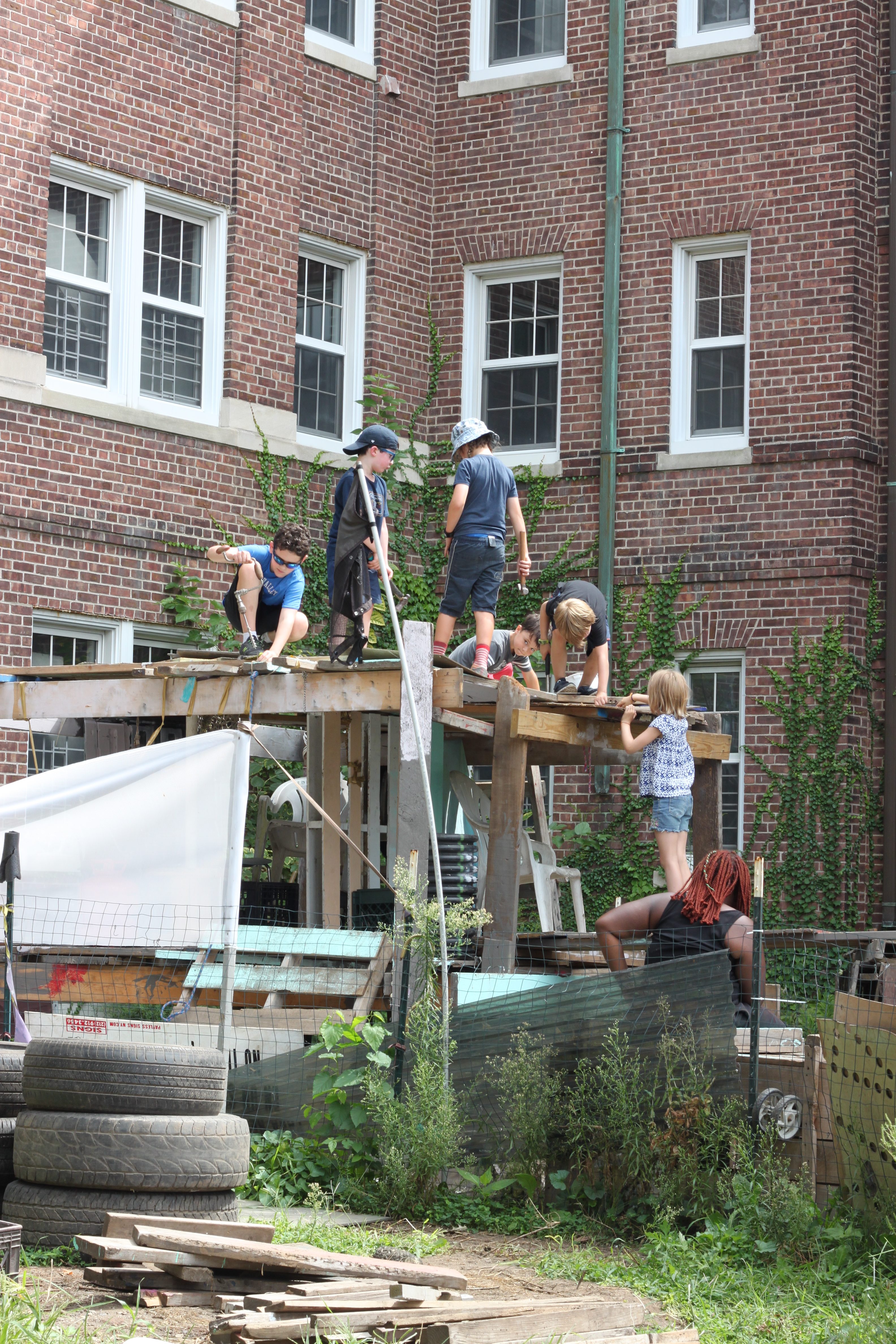


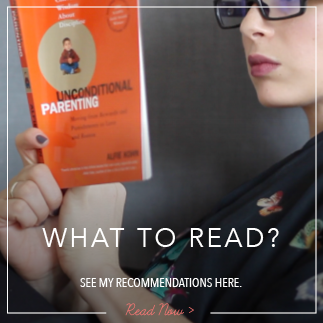
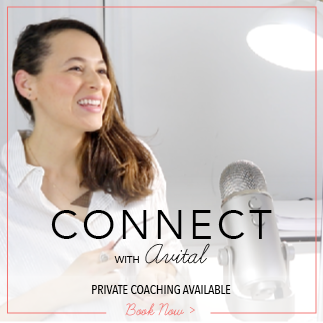


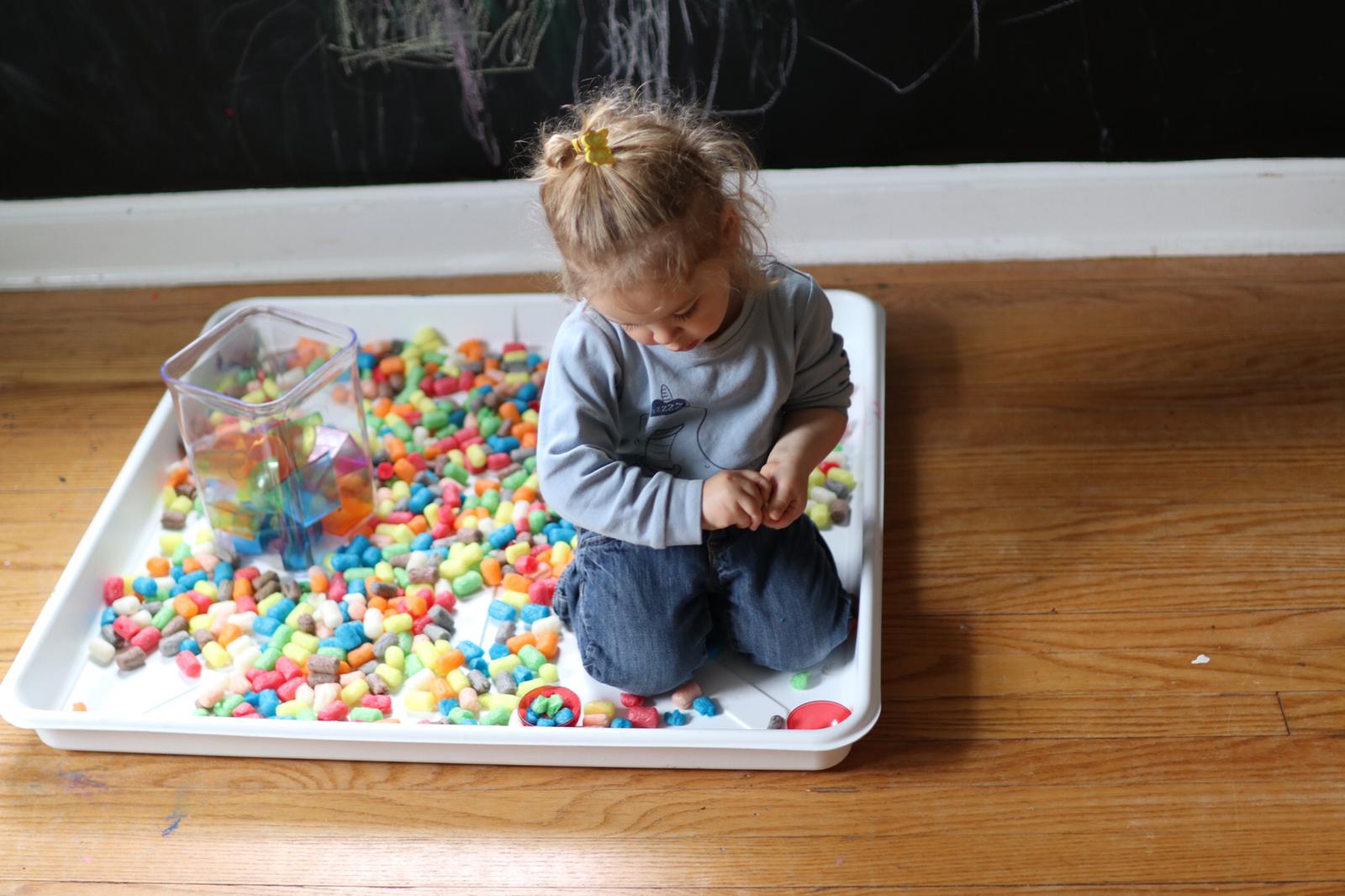
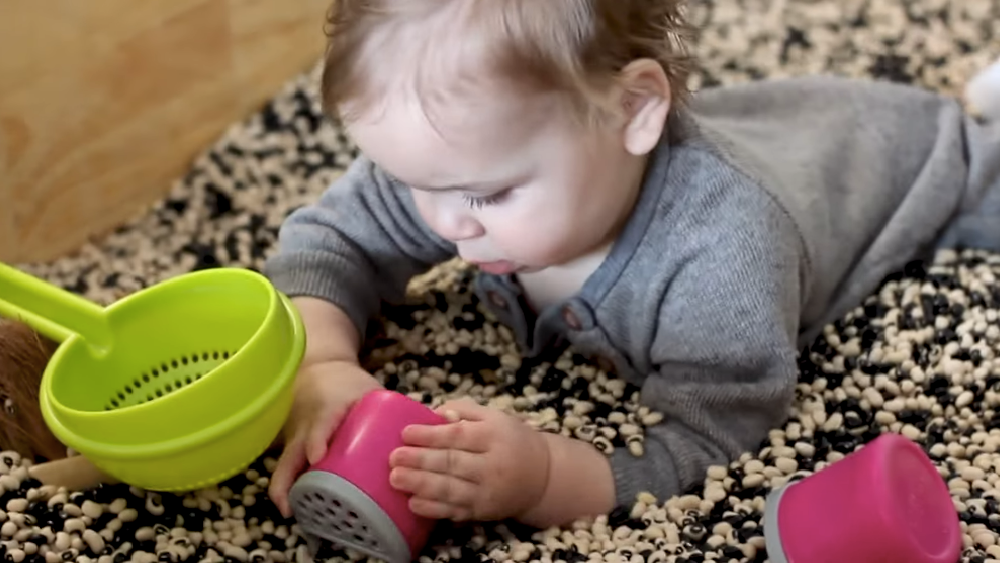

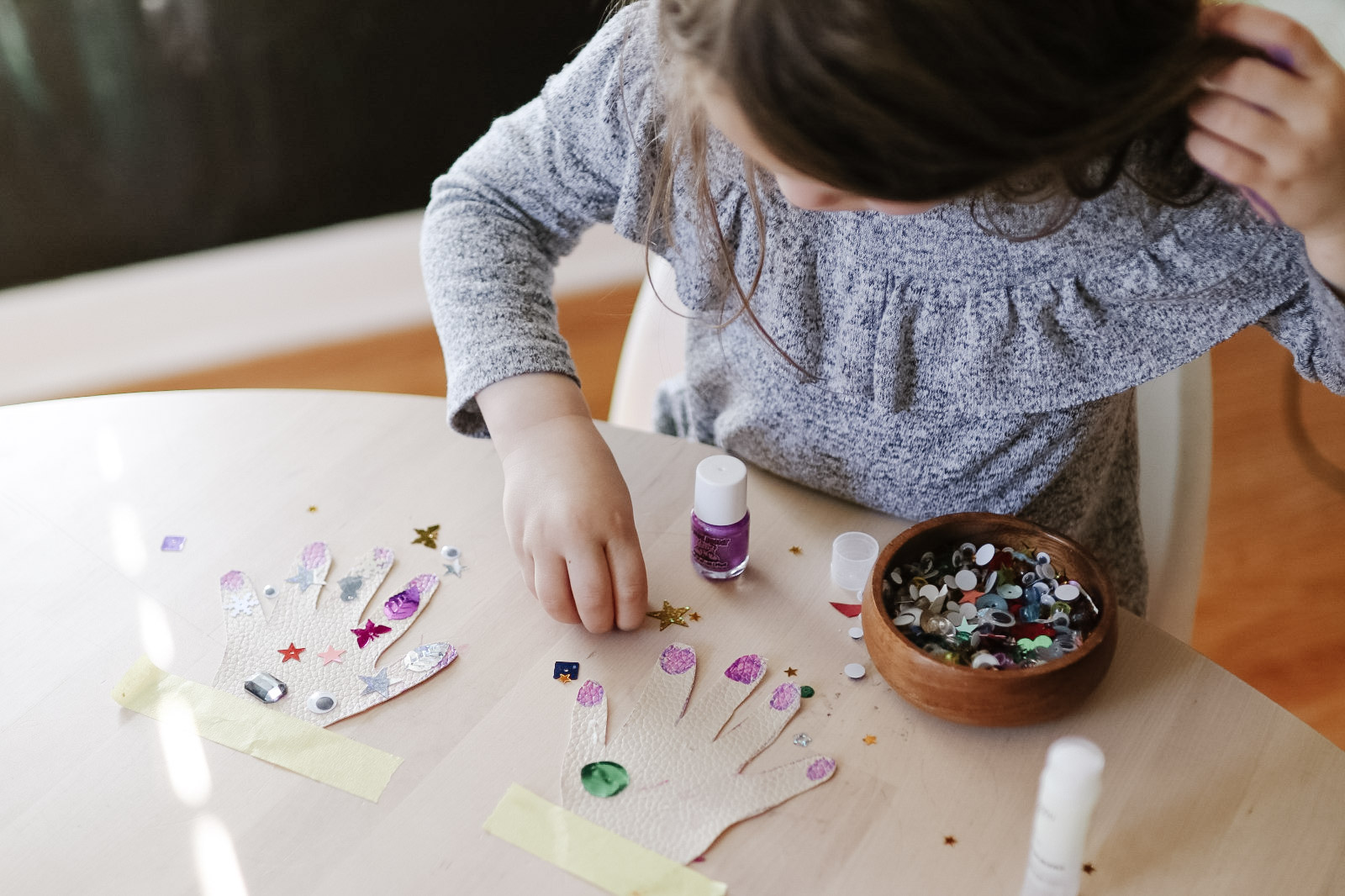
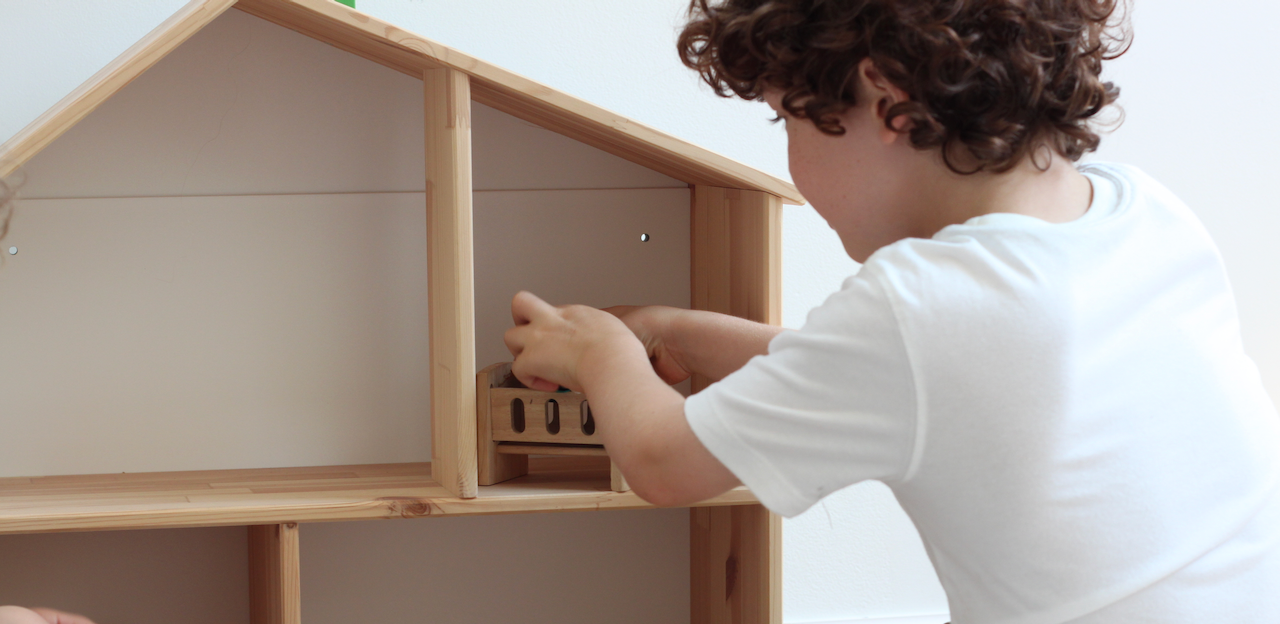

Hey. I grew up in a very fear-based safety conscious culture, where we weren’t allowed to go to the park 15m from our front gate without a parent and were only allowed to the neighbors house if we called as soon as we got there to say we got there safe. I now live half a world away where the neighborhood park is where the children play because there is hardly a garden available, there is not parent in sight but is an emergency there will always be help and they all ride to school independently. Have to say I’m struggling to let go.
I loved this video! In my home country of Egypt, kids and even toddlers roam the streets without parents. They play together, walk and take buses to school, and even help out their parents with grocery shopping. Strangers will look out for kids, helping them cross streets etc. Raising kids in the US, it can be difficult to allow for that level of freedom because our culture is so different. Would strangers help out my child, or call the police?
I also believe that this kind of parenting is beneficial to the caregiver. Believing you must hover over your child constantly is stressful, and doesn’t leave you much time to relax. As kids, if we got too rowdy my mother would send out and tell us to stay out until the sun started to set 😂 we got our energy out, and mom got some quiet time. It’s beneficial for everyone.
Hello Avital! I love this video! The tipps about how to identify tricky people are very helpful. I am astonished about the fearful atmosfere in the USA. I am living in Bolivia and here were have a serious problem with human trafficking. I grew up in a peaceful and save country in Europe and went alone to school and to the park with only 6 years old. Now i am a little bit concerned how to give my child the freedom and indepence i would like them to have. I guess i have to spy after them or limit their freedom to the annual visit trips to my homecountry. Do you have any ideas? With love, Frida
Hi Avital!
Just today my 2 year old (not even 2 and half!) said, when we arrived the grocery store, that he would like to stay outside waiting for me instead (we live in a super small village). I was very surprised. First I told him “I think you are too young to stay here by yourself” but he insisted “I will be watching you from the window and I won’t go away”. I asked what would he do if he needed me by some reason, he said “I will call for you.” I was absolutely amazed and wanted to trust him. So I went in picked the thing I wanted very quickly and was watching him all the time. Then, an old lady showed up and started talking to him. He was almost crying. I ran to him as fast as I could, the lady said “What kind of mother leaves a baby by himself outside?? He could have been kidnapped! I WOULD kidnap him!” I was shocked. We left. I felt so proud of my kid and also a bit creeped by the lady…
Hi Avital,
Thank you for many of your videos that helped me in parenting. This one, however, I have mixed feelings. I grew up in a very free style family, where I was very independent from early age, went to school, stayed home when parents left to another city, came to a foreign country etc, all alone. Under God’s protection, I was safe from quite a few instances that I now think could be very very detrimental and dangerous if I slipped even once. Although I would really love to give my children the freedom I once had, and I agree with all the benefits you mentioned, unfortunately tricky people (or even unleashed aggressive dogs) are quite real out there too. I know maybe a handful among millions of people were in the sad news, but imagine if our own children are among the “unlucky” ones, would you still feel comfortable encouraging others to take the chance?
Safety first, it means to me that convenience, confidence, and independence are not top priority. But this is a case by case scenario, the play ground example can be of very different settings that changes the risk level. Parents need to evaluate those individually, not a general “play alone in park” or “walk to school alone” situation. They can be very dangerous, or can be limited risks that our children can gain the much needed confidence.
Please keep up the good work you have! Especially the advice about identifying tricky people is appreciated in this video!
This video was so helpful! My parents wouldn’t let me go anywhere alone, even as a teenager. I had friends who could do whatever they wanted, and I distinctly remember asking constantly “when I’m *insert age* can I go places with my friends?” But it never happened. As a result I’ve grown up to be the least street-wise adult you could ever meet.
I want to help my daughter be independent and feel confident in her own judgement, and videos like this really help me learn how to do it.
1. I love the new format. Thanks for removing the background music while Avital is talking. It’s now super easy to listen to her even if there’s background noise (read kids various noice;)
2. Thanks for your excellent blog’s article! Sometimes I am learning very different or shocking (well for me) ideas, but other times, it just confirms my intuition, backing them up with numbers and studies (and get some info for my rational husband)!
3. Yes, I had a lot of freedom! I grew up in a remote (and beautiful) part of Canada where, to that day my parents (and neighbors as well) don’t even lock their house or car! I was walking to school from grade one and even sometimes sending to buy cigarettes for my parents (it sounds so awful parenting to our eyes but it didn’t felt bad at the time 🤣🤣🤣)!
4. What I do, is trying to let my 3 1/2 boy take risks. Ex. Coming back from pre-school allowed to ride on his balance bike kind of far away from me . The rule is he must wait for me to cross the street. When we get home, he can go in the common yard by himself and play alone with kids or go up the 3 level of stairs to the balcony while I go by inside to unlock the door (I am not following my parents steps🤣). When I breastfeed his young sister, he knows he can go everywhere on the park, even in big park, even if I don’t see him. I just tell him to come back to my bench when he’s done playing. And he does, all the time. It doesn’t sound big, but for a 3 1/2 it is. And I can feel he’s proud.
5. If you read until the end, congratulations! Thanks again Avital for being so relevant for today’s parents!
Amélie
Such a timely and IMPORTANT TOPIC! I feel I am living in a time of heightened fear and anxiety generally and this applies to parenting especially. My toddler is always wary of strangers and the response I get when I say sorry she is wary of strangers universally is well that is Good. I know a certain dose of it is good, but as you say, our concept of the actual danger factor for kidnapping/drugging is disproportional to the actual threat. Wish I could broadcast this to all parents I encounter!
I was babysitting my neighbors 3 kids ages 1-6 when I was 10, and pretty much would pack a backpack and roam the woods with the other neighbor kids the rest of the time. My parents still live on that street & I feel the anxiety of allowing my 2 & 3 yr olds to roam, even though I was allowed so much freedom. (I also broke my back on a playground slide when I was 12, but never told my parents my back hurt so found out later when I had an X-ray as an adult 😂). I feel like I have to closet hide how much freedom my kids get. Going to check out all those resources so I can have a more thoughtful/evidence based response if other parents react lol
We know it’s risky to give your laptop to anyone else, so we’ve trained our technicians to be able to laptop repair and computers while someone is watching – it is your entire electronic life on there, so we completely understand. We only use high-quality parts when fixing your laptop or computer, so your device runs like new again at barely any cost. From screen repair to hardware upgrades, we make sure they’re all high-quality parts.